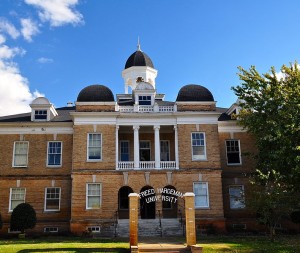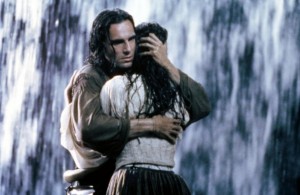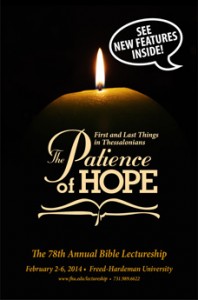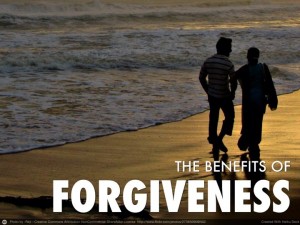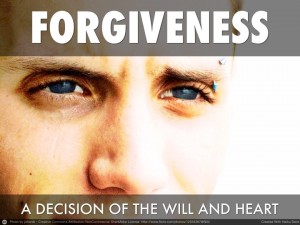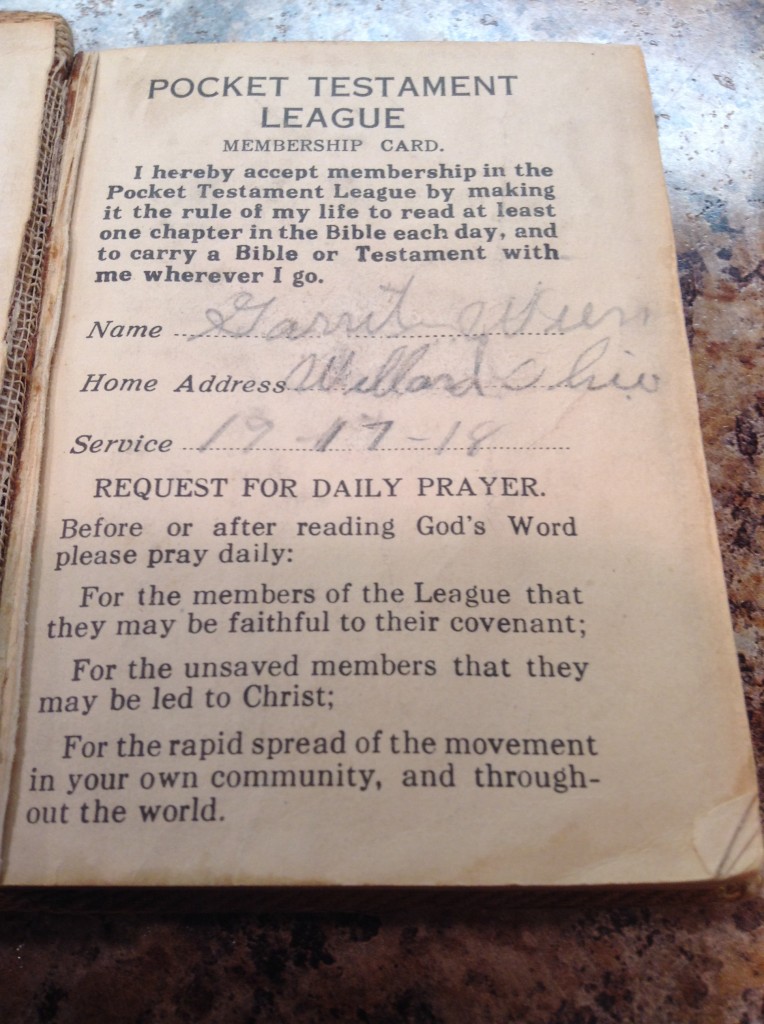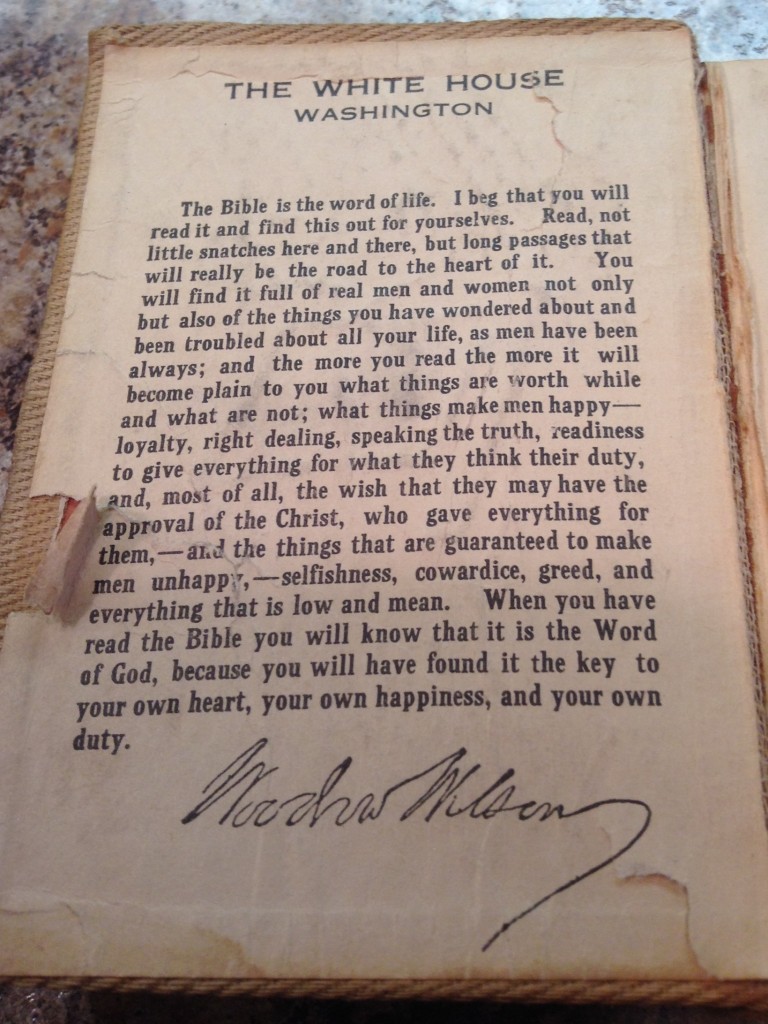This past year was my 19th FHU Bible lectureship to attend. My first was when I was a freshman at FHU in 1995. I went because I was “made” to go because of chapel and notes for my Bible class. But I remember enjoying the lectureship as a student. The speakers were so good and the amount of people who came was always so impressive. My memories include attending open forum with brother Alan Highers, arising early one year to attend V.P. Black’s 7:30 a.m. lecture. My mind was caused to think by F. Lagard Smith. Brother Wendell Winkler preached on heaven one year at a night lecture and it made us all want to go. Weather would always be bad and cafeteria lines long. I would always attend Tom Holland or Dan Winkler’s preaching lectures and they were always so stirring. I could continue to list memories and favorite speakers.
The lectures were recently held again. This year, once again, saw a week of rough weather, though not too bad for Henderson. Unfortunately, I went to lectures without my family this year. It is always a job to travel, especially to a lectureship, with 4 small kids, but it is usually worth it. This year the weather and a family death in Missouri prevented this from being the best option. So I went to lectures on Tuesday and Wednesday of the week. I was blessed to speak at 8:30 on Wednesday morning.
The Lectureship committee is doing a good job of keeping the lectureship current and making changes to appeal to families and younger Christians. I applaud their efforts this year and felt this was a very good lectureship.
What the FHU lectures do for me.
- It blesses me with the opportunity to see friends. The lectures have long been a time of reunion and fellowship. It is so encouraging to visit with fellow workers and servants in the kingdom. I renew old friendships and create new ones.
- It gives me great ideas and resources to use in my ministry. I am not ashamed to admit, that since my early days of preaching, and now in my “middle” days of preaching, I still hear a good lecture and go preach it back home! Usually those are probably better sermons and outlines than what I produce on my own!
- it helps me to connect with the larger brotherhood. It is easy to get tunnel vision in ministry and only consider your own little circle. It is helpful and encouraging to see and hear what is begin done across the nation and world.
- It helps me to be a better presenter of God’s word. I try to learn from the different styles and gain illustrations that will help me in my delivery.
- It challenges me to refocus on what is important. It is easy in local ministry to get sidetracked. The lectures help me to refocus on souls, church growth, preaching, Bible study, and ministry.
- (Most years) It allows me to show off my family and give my children a FHU experience. I am proud of my wife and kids. It is always fun to share them with family and friends not often seen. I enjoy seeing and catching up with my friends and their families. Also, we believe FHU will be their college destination and the more time they have good experiences on campus from a young age the better. Our kids love the cafeteria and bookstore, not sure what that means!!
- Finally, it helps me connect with history, my own history and the church’s history. This gives me perspective and is a blessing. I see former teachers, classmates, walk the campus where I fell in love, decided to preach, and matured into a man. I like history and a connection with this history each year blesses my life.

